Target has been making concerted efforts to embrace diversity and expand its customer base, but these initiatives have often placed it in opposition to the right-wing anti-woke movement. The company’s decision in 2016 to allow customers to use bathrooms matching their gender identity gained significant backlash.
In response to the controversy, Target installed single-person bathrooms in all its stores, accommodating anyone seeking privacy, including transgender individuals not comfortable using multiperson bathrooms. This move resulted in a 7% drop in sales, raising questions about the impact of such policies.
Controversy Surrounding Pride Month Merchandise
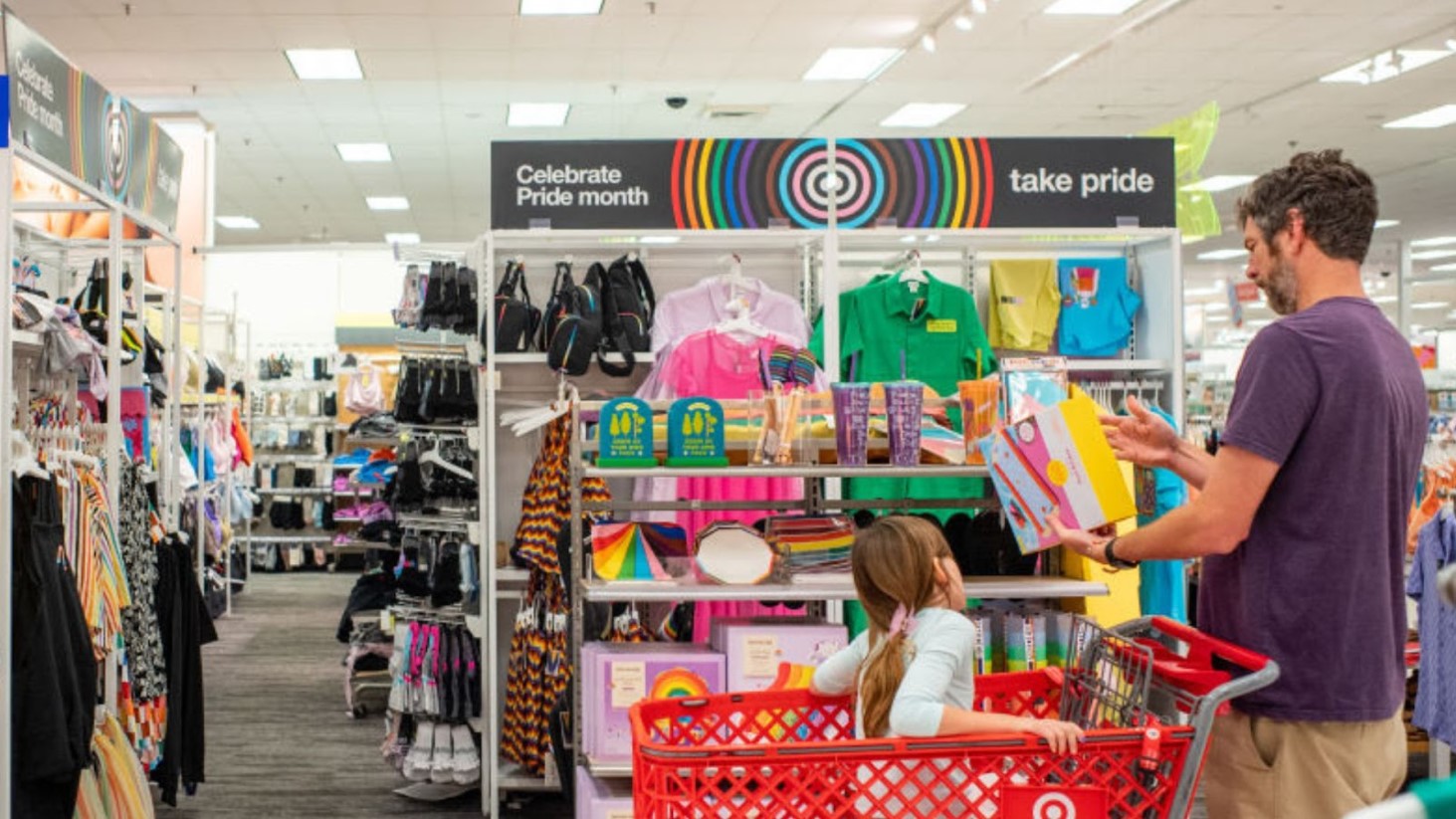
In 2023, Target faced criticism again, this time over its Pride Month merchandise, as reported by NPR.
Chief Executive Brian Cornell stated in the company’s 2023 second-quarter-earnings call, “After the launch of the assortment this year, members of our team began experiencing threats and aggressive actions that affected their sense of safety and well-being while at work.” As a result, Target withdrew the pride line from its stores to protect its employees.
Target’s New Wellness Initiative
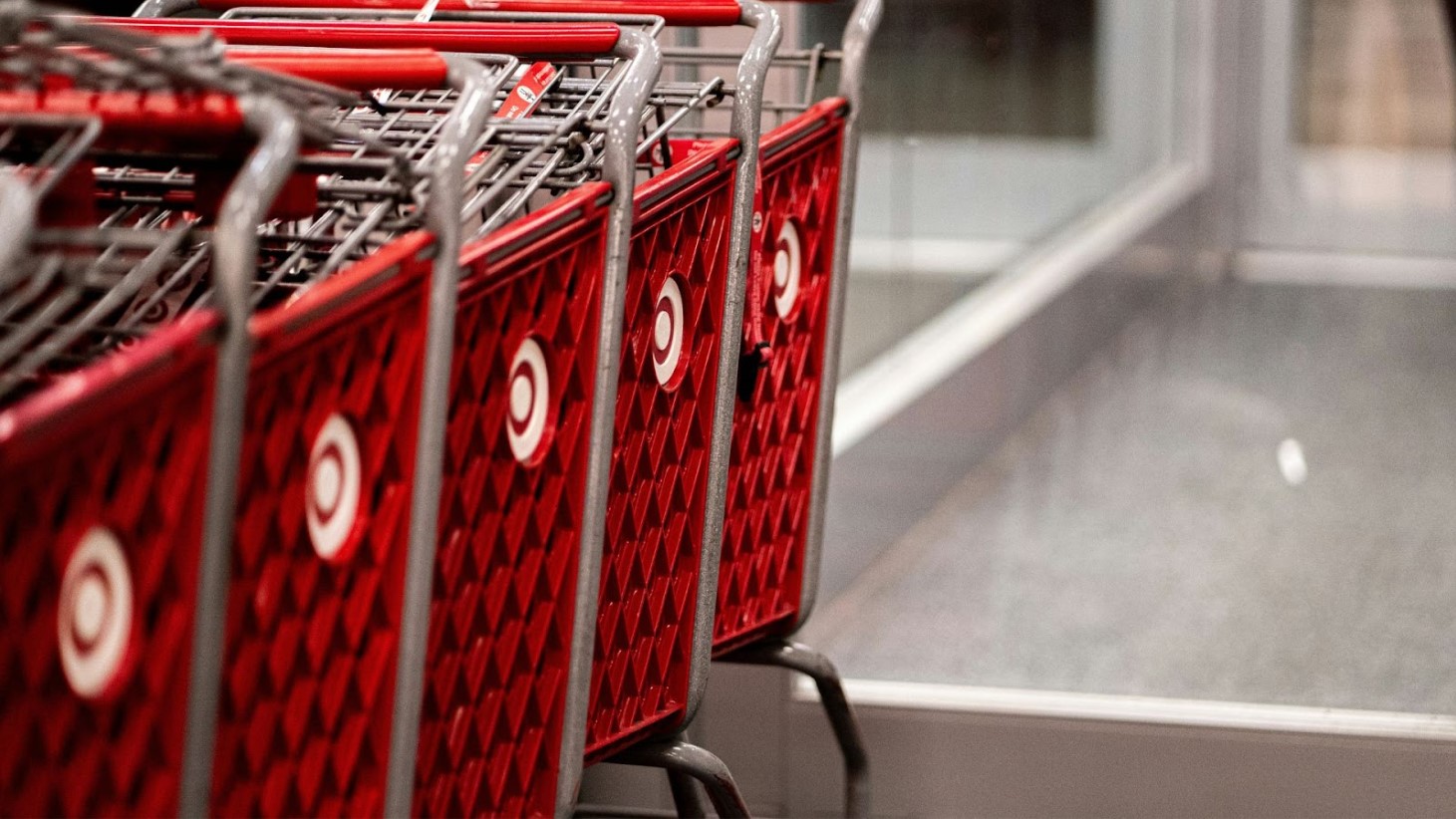
The Street reports that Target has introduced more than 1,000 new wellness-related products, ranging from clothing to technology, some priced as low as $1.99.
Target Executive Vice President Rick Gomez explained, “Wellness has been redefined to encompass a more holistic way of living — and it’s also different for every person.” This new venture into wellness reflects Target’s ongoing efforts to meet diverse customer needs but might also attract scrutiny in a politically sensitive climate.
Lessons from Bud Light’s Backlash

The backlash Bud Light faced after partnering with transgender social media influencer Dylan Mulvaney serves as a cautionary example for Target, according to The Street.
The beer brand suffered a substantial drop in sales due to the backlash NPR reveals. This shows the potential risks associated with corporate decisions in today’s polarized environment. Target’s current strategies, while not inherently political, may inadvertently provoke similar controversies.
Navigating Diversity and Inclusion: CEO Cornell’s Approach
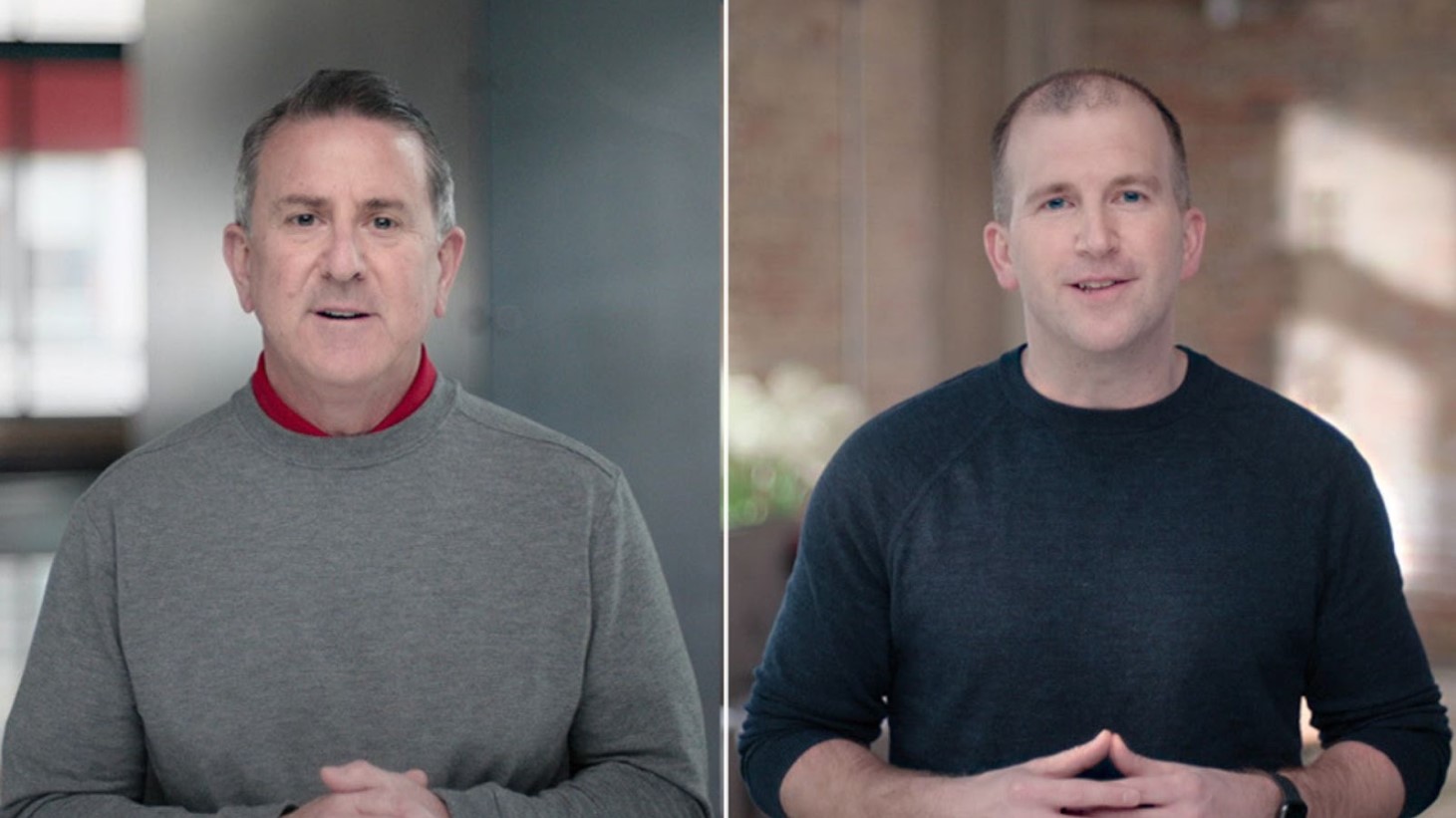
Target’s CEO Cornell is keenly aware of the challenges in balancing inclusivity with business operations.
He has expressed commitment to diversity, stating in the 2023 second-quarter-earnings call, “Pride is one of many heritage moments that are important to our guests and our team, and we’ll continue to support these moments in the future.” His approach involves maintaining Target as a space where customers can feel relaxed, irrespective of the prevailing social and political climate.
Comparing Target’s Stance with Disney’s Political Involvement

In a similar vein, Disney found itself in a political controversy when its former CEO, Bob Chapek, opposed Florida Governor Ron DeSantis’s “Don’t Say Gay” legislation. This move, made under employee pressure, intensified scrutiny from anti-woke groups.
The Street reveals that Target faces comparable challenges in its efforts to align with current trends while avoiding political statements, especially in a highly divided political landscape.
Target’s Recent Controversy with Stanley Cups
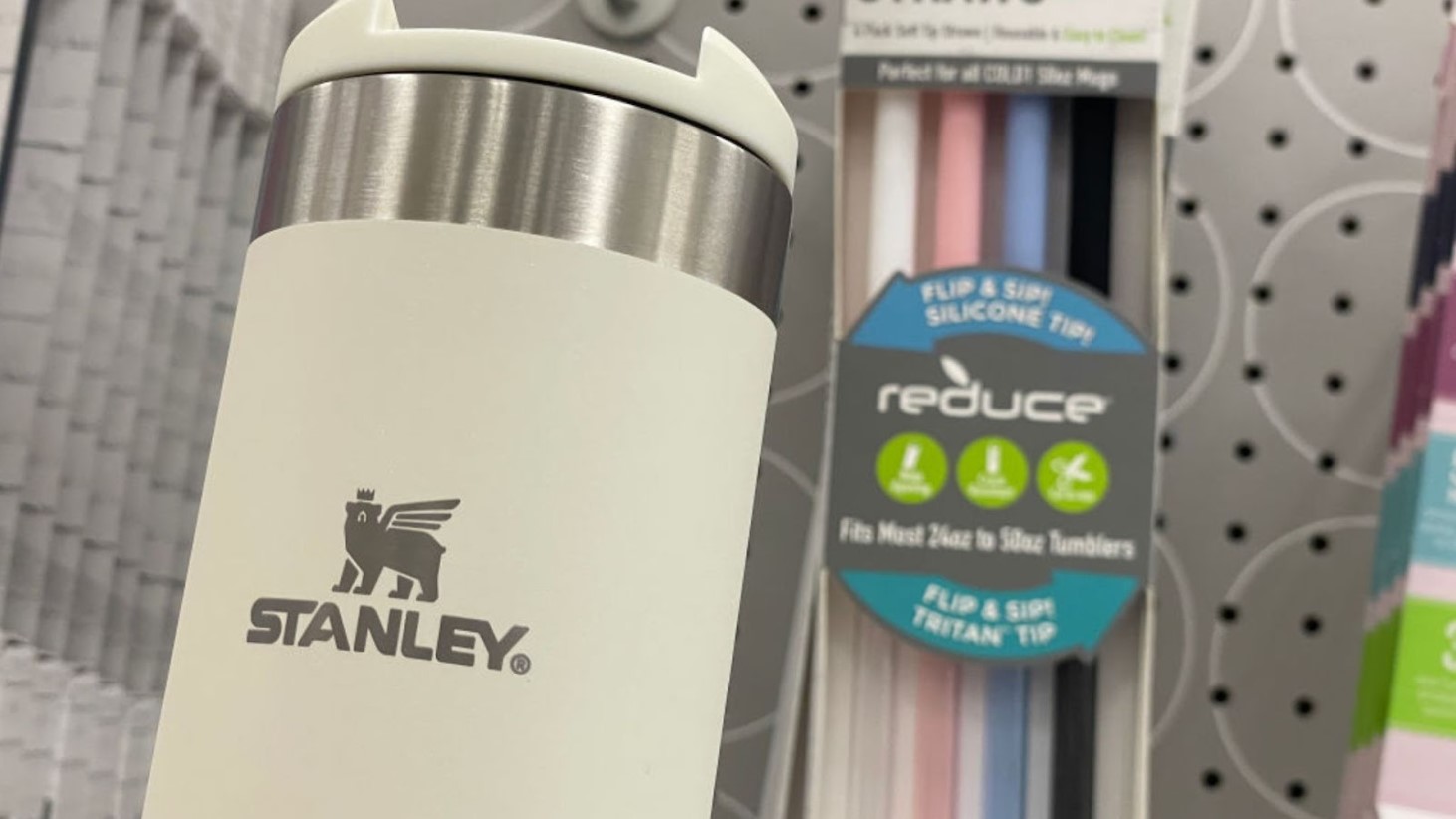
Target’s recent controversy involved employees being fired for purchasing limited-edition Stanley Quencher cups ahead of customers, Business Insider reports.
This incident illustrates the difficulties Target faces in managing internal policies and public perception, further complicating its position amid ongoing controversies and public scrutiny.
The Complexities of Target’s Diversity Initiatives

The Street notes that Target’s journey towards diversity and inclusivity has been marked by challenges.
From bathroom policies to pulling Pride merchandise, the company has faced difficult decisions, reflecting the complexities of addressing social issues within a retail setting.
CEO Cornell’s Strategy Amidst Societal Challenges
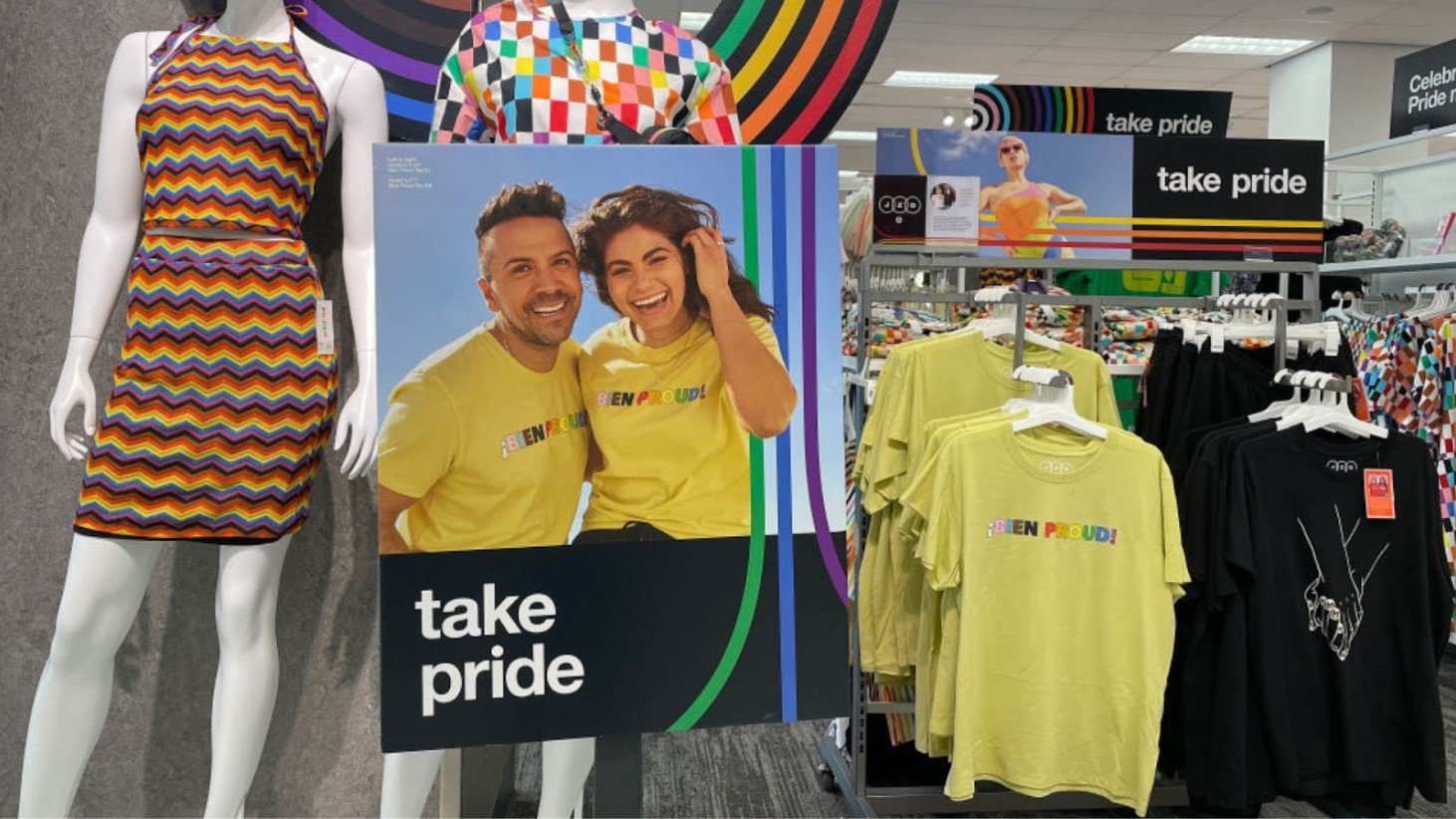
Cornell has been treading between supporting diversity and maintaining neutrality. His commitment to various heritage moments, including Pride, is part of a broader strategy to serve a diverse customer base, per information from The Street.
However, he also emphasizes the importance of keeping Target a neutral space, highlighting the intricacies of operating in a diverse and politically charged environment.
The Risks of Target’s Wellness Product Line

The Street highlights that Target’s expansion into wellness products, though not overtly political, carries potential risks in the current social climate.
The experience of Bud Light illustrates how such initiatives can become unexpectedly controversial, posing a challenge to Target’s wellness and inclusivity efforts.
Target’s Diversity Goals
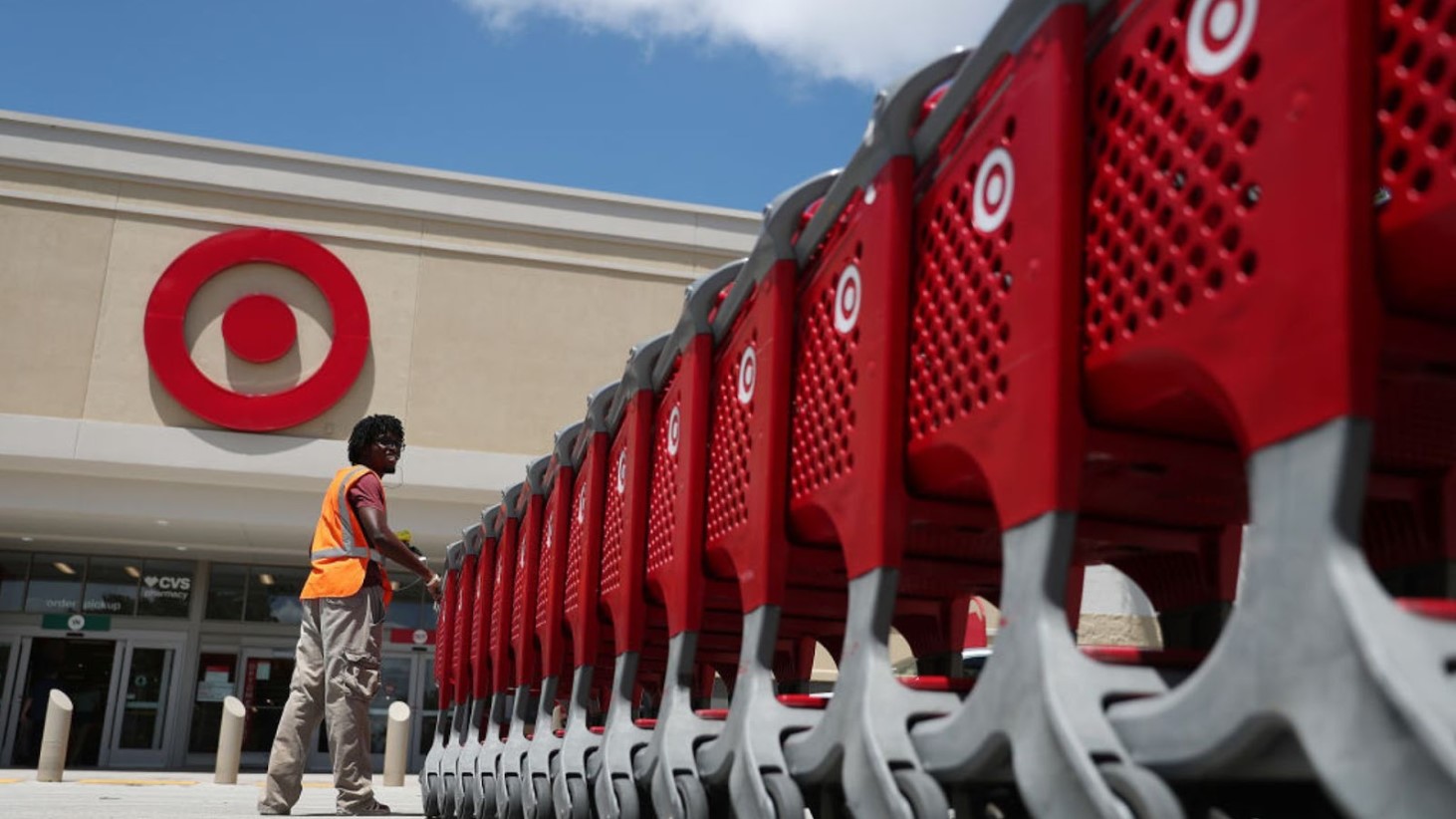
The Washington Post reports that in 2020, following George Floyd’s murder, Target set ambitious goals to diversify its team.
They aimed to boost Black team member representation by 20% in three years through enhanced hiring, mentoring, and retention. However, progress has been modest. Target’s 2022 Workforce Diversity Report shows, the representation increased only marginally from 15% to 16%.
Target’s Role in a Divided Sociopolitical Landscape

Target faces outrage for its progressive diversity policies, despite not being solely responsible for addressing systemic discrimination in the workforce, The Washington Post notes.
This criticism comes even as many other companies have pledged similar commitments to diversity, highlighting a broader challenge in corporate America’s approach to inclusivity.
